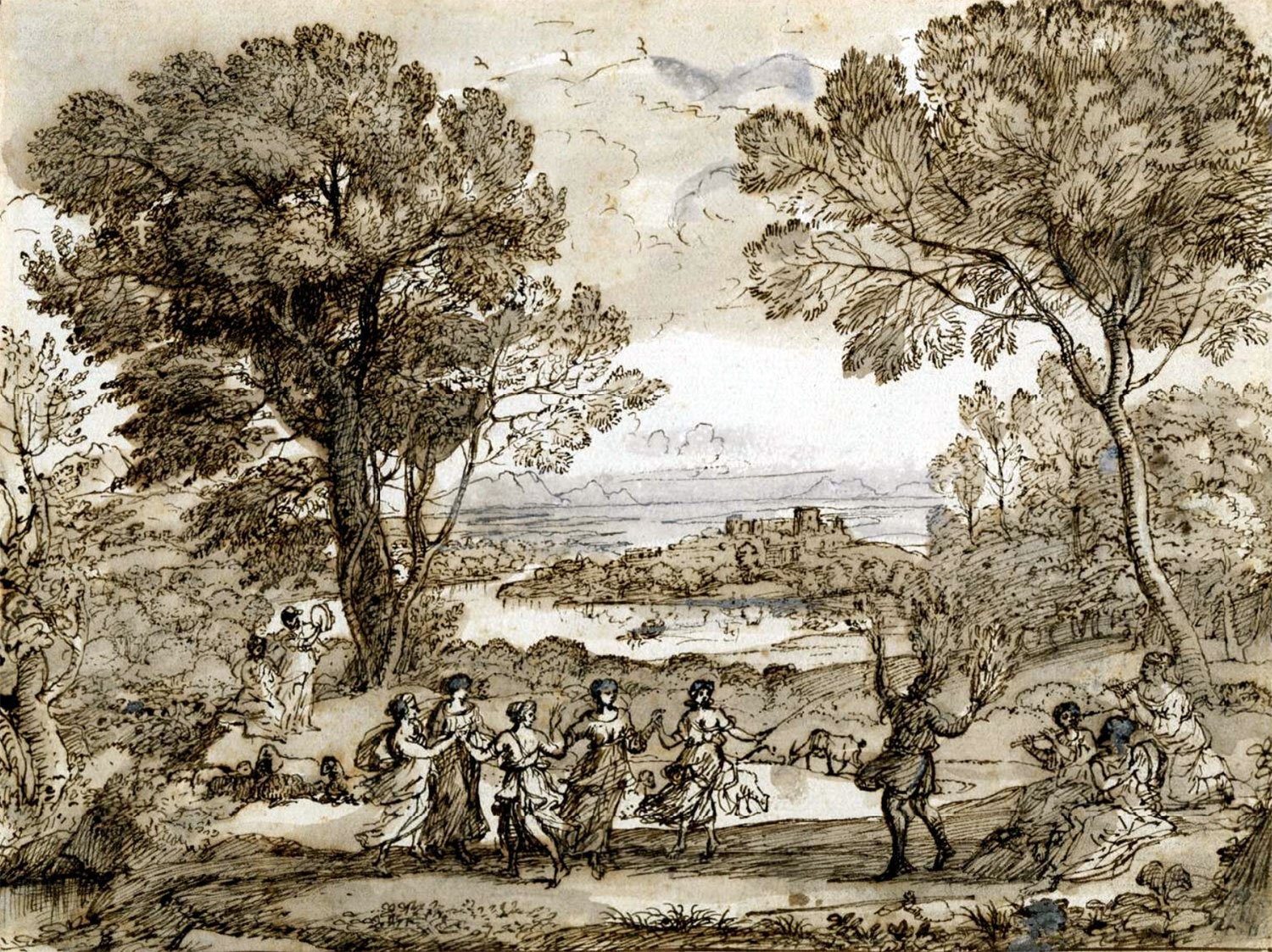conveniency

Drawing of the Apulian shepherd, Claude Lorrain (ca. 1657)
There are no public institutions for the education of women, and there is accordingly nothing useless, absurd, or fantastical, in the common course of their education. They are taught what their parents or guardians judge it necessary or useful for them to learn, and they are taught nothing else. Every part of their education tends evidently to some useful purpose; either to improve the natural attractions of their person, or to form their mind to reserve, to modesty, to chastity, and to economy; to render them both likely to became the mistresses of a family, and to behave properly when they have become such. In every part of her life, a woman feels some conveniency or advantage from every part of her education. It seldom happens that a man, in any part of his life, derives any conveniency or advantage from some of the most laborious and troublesome parts of his education.
